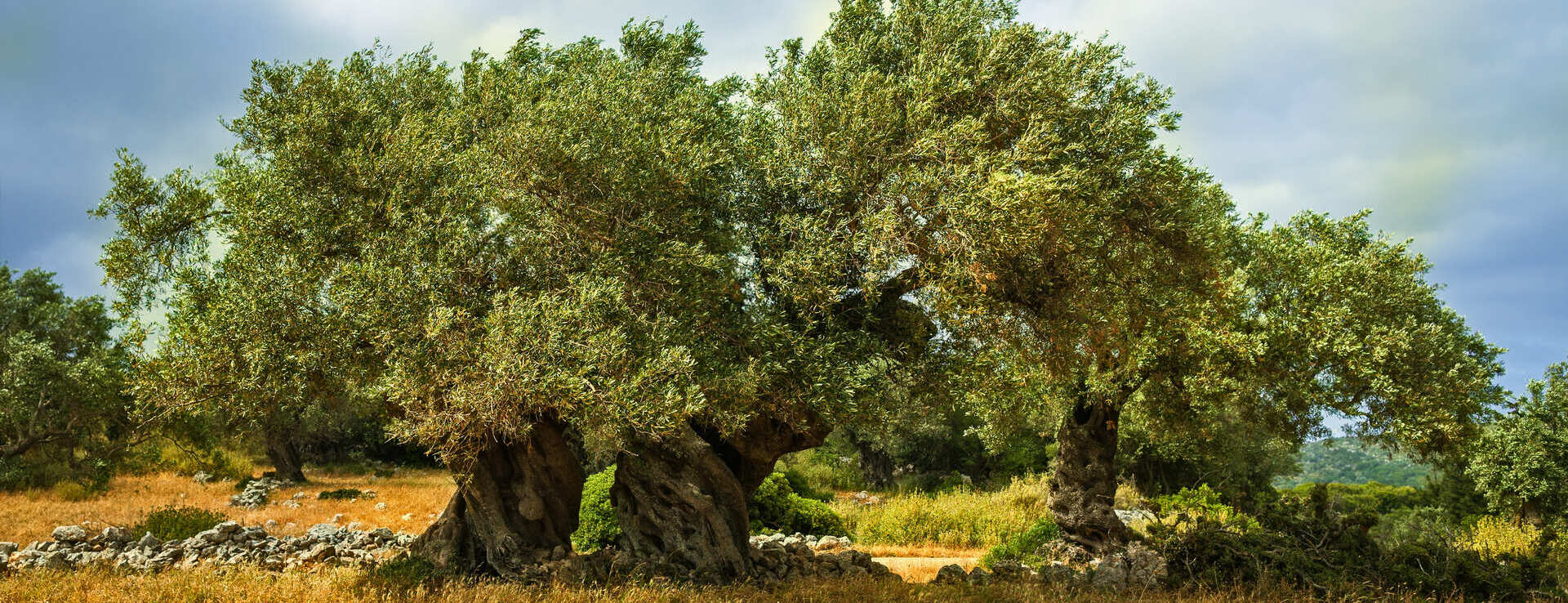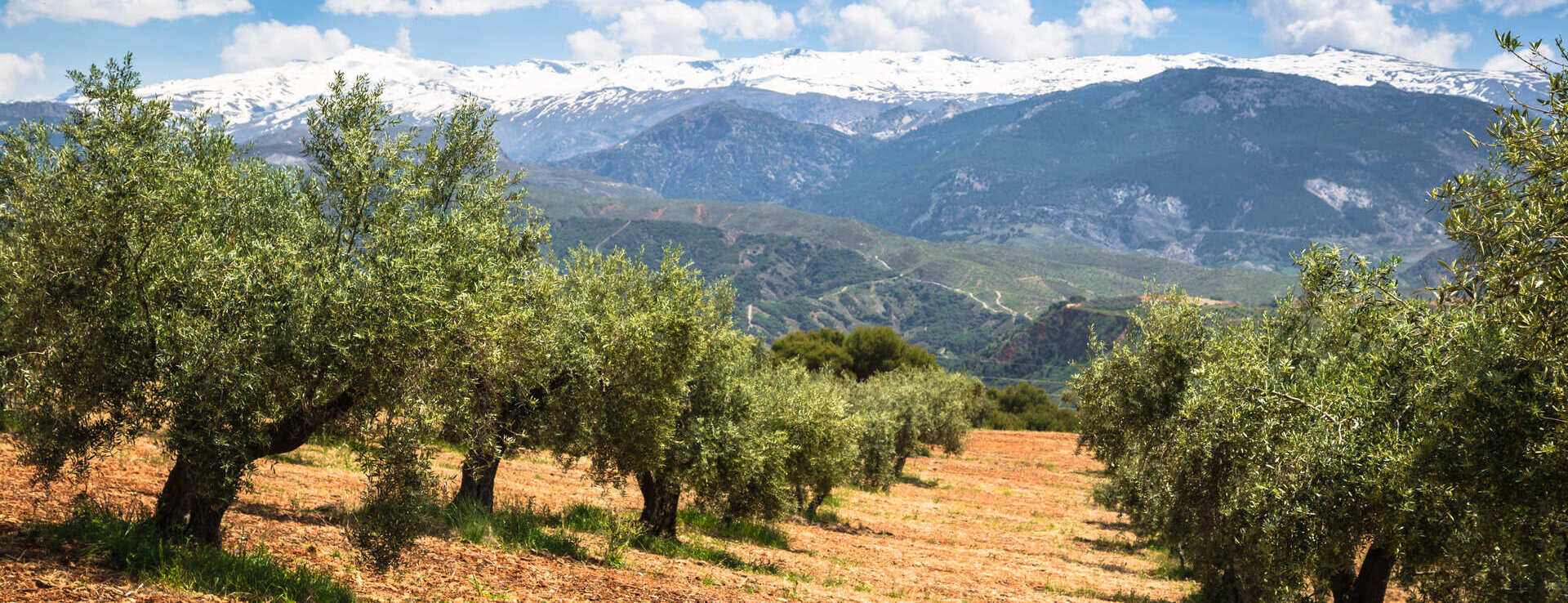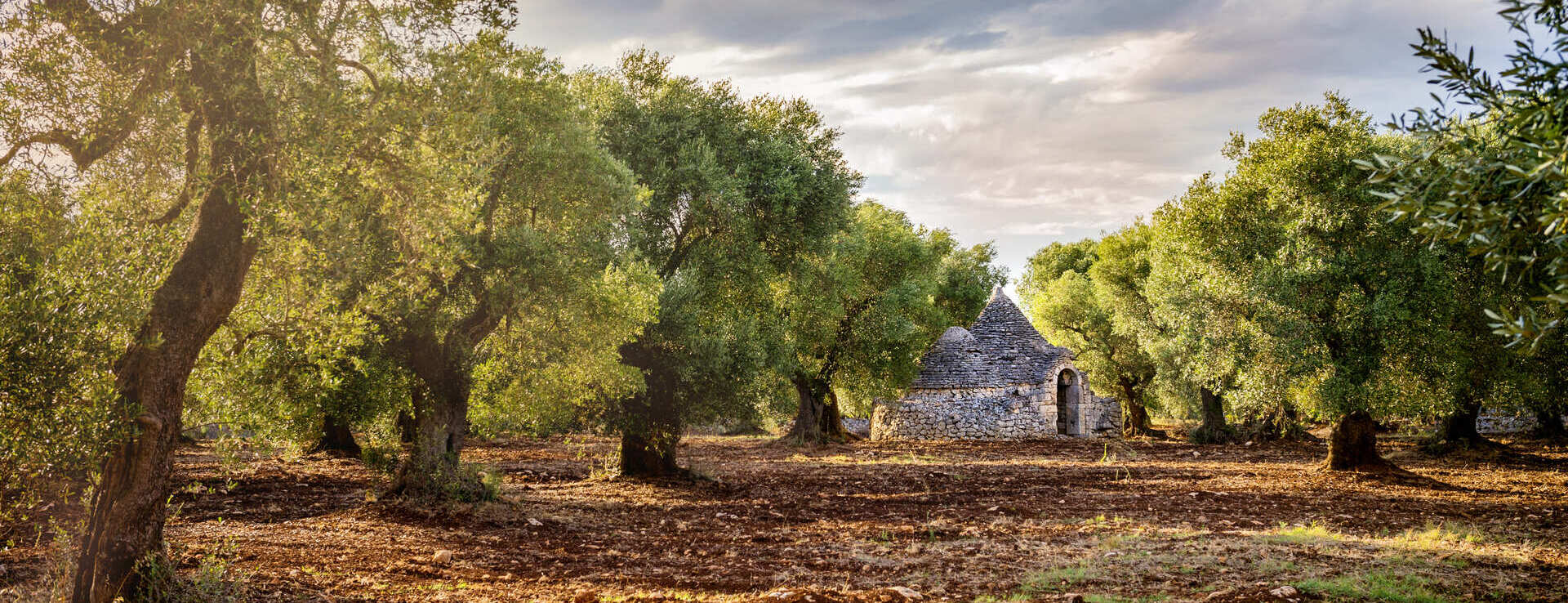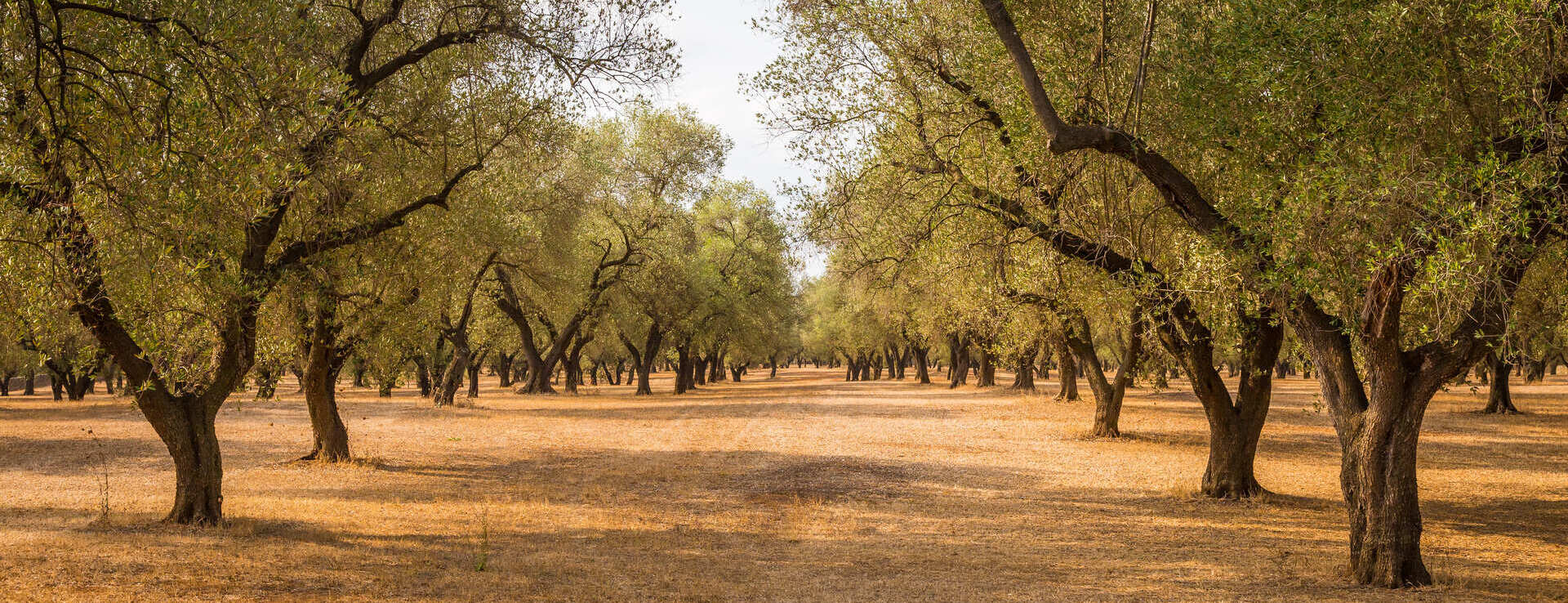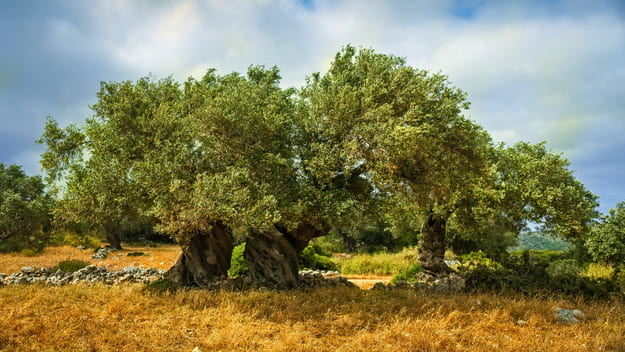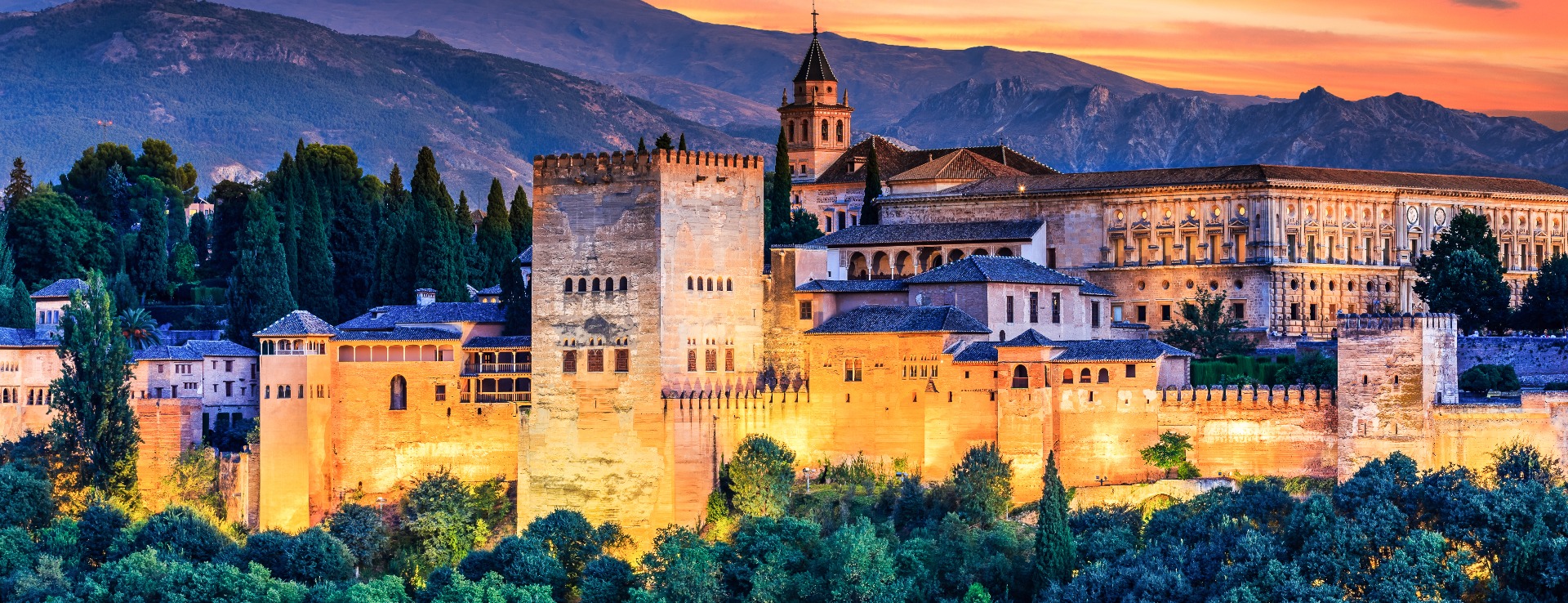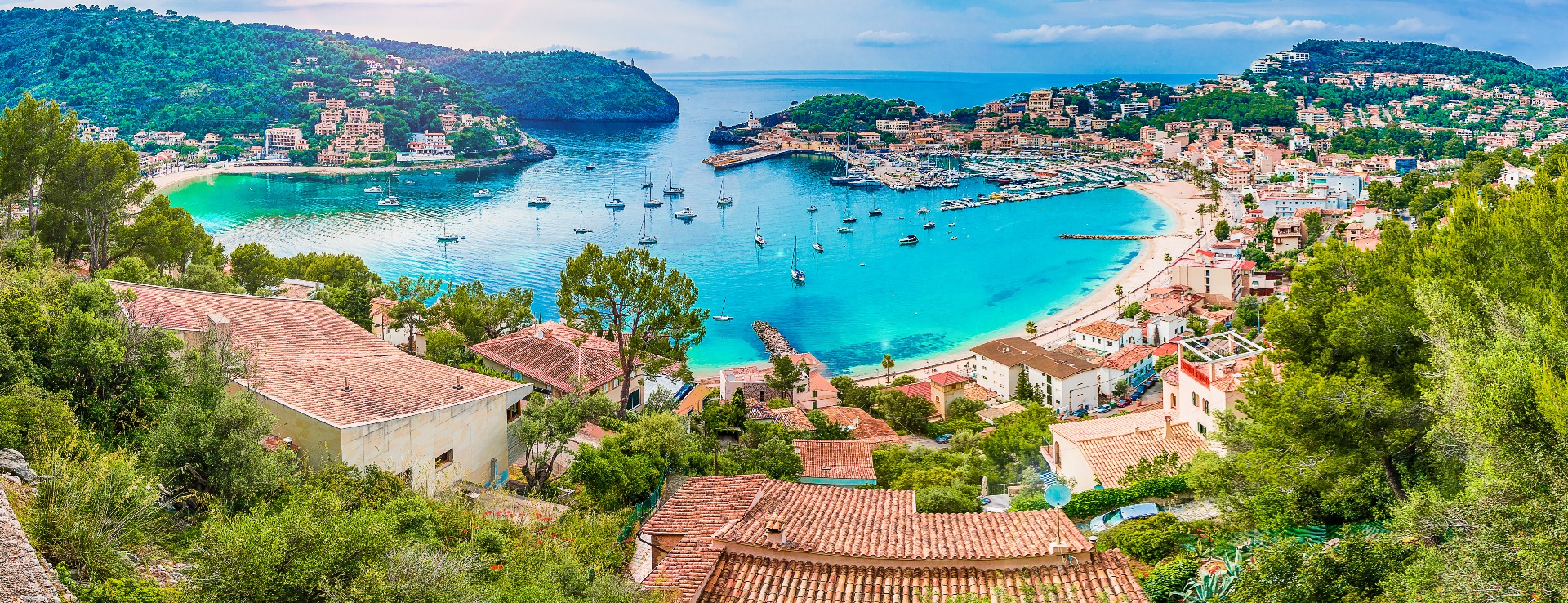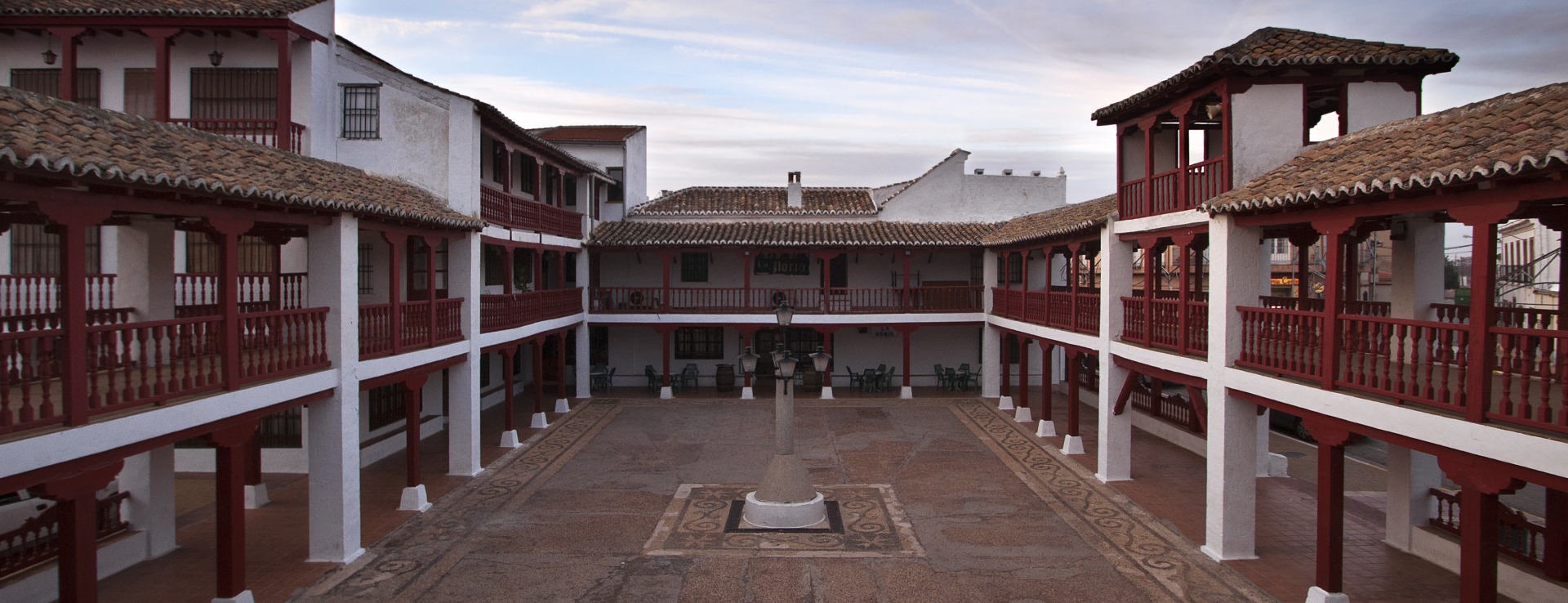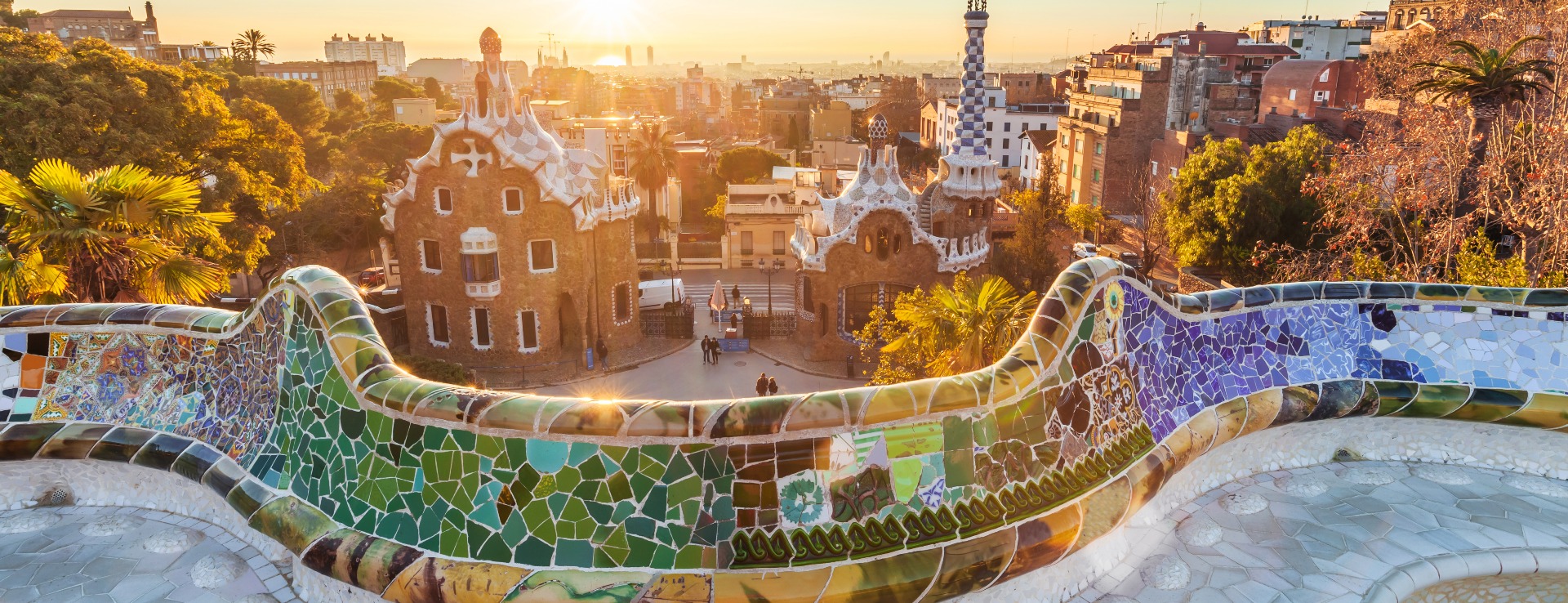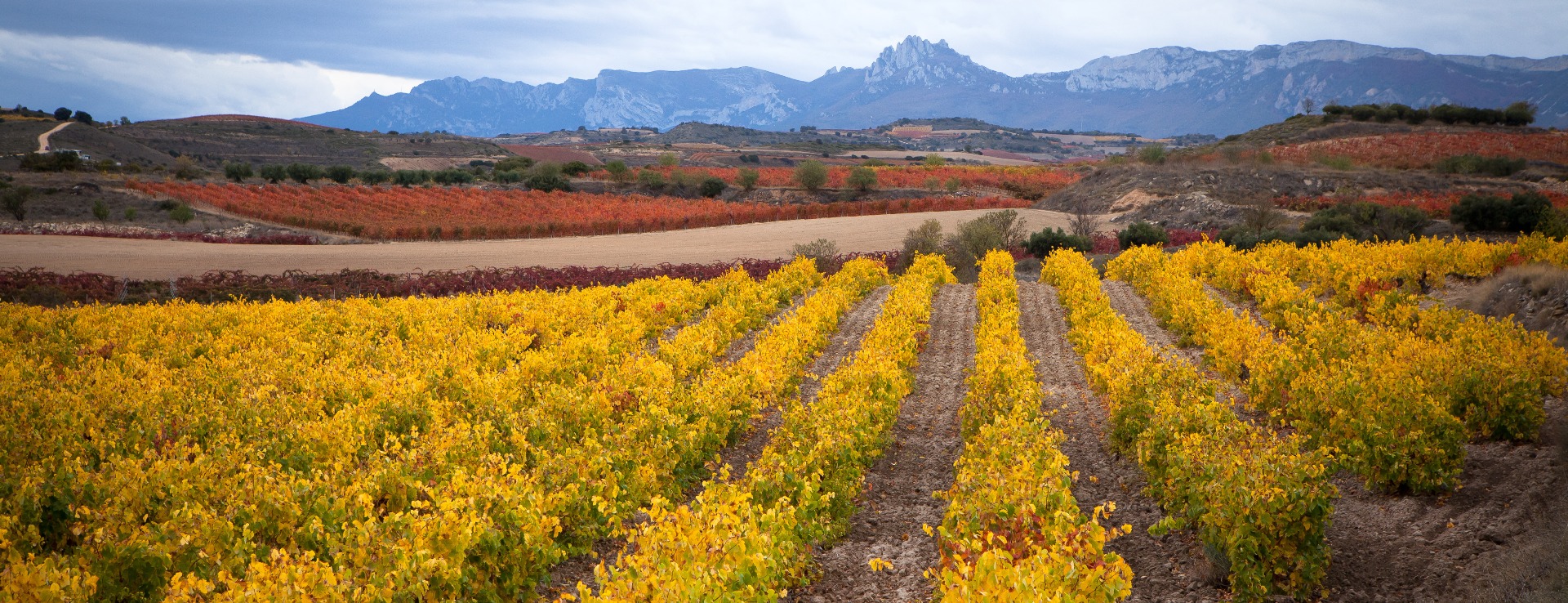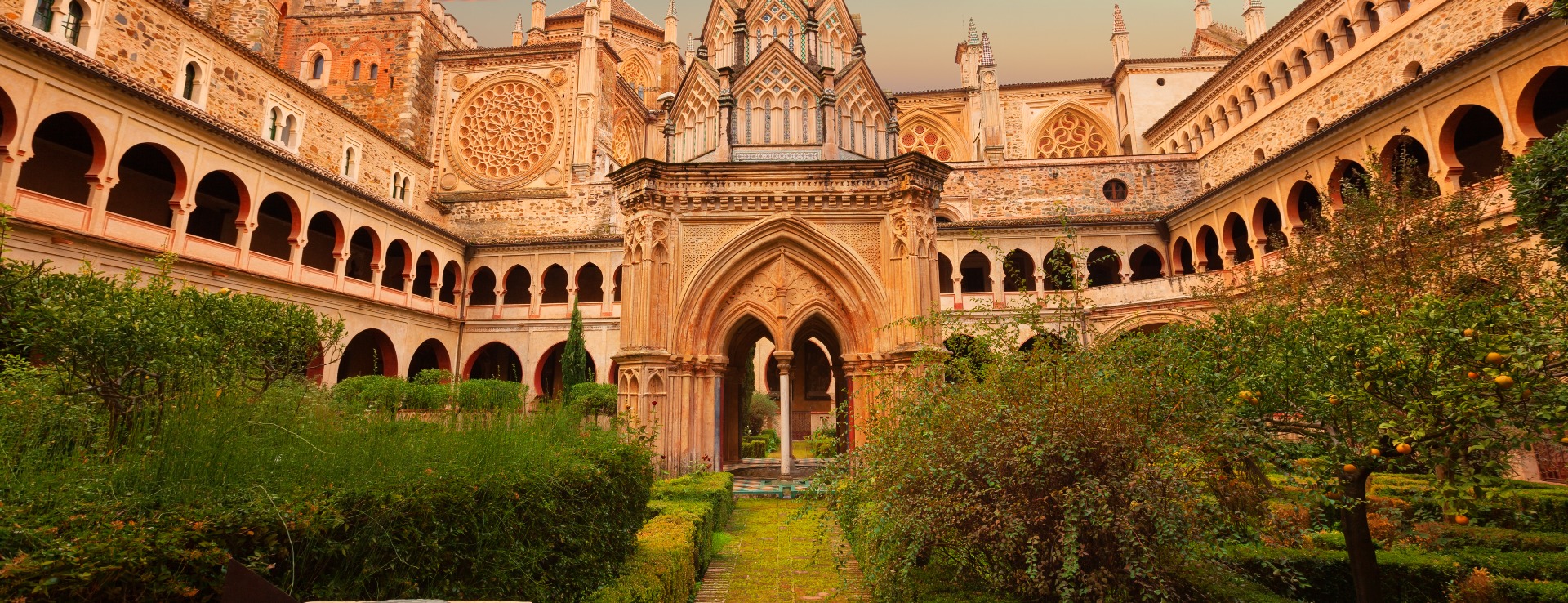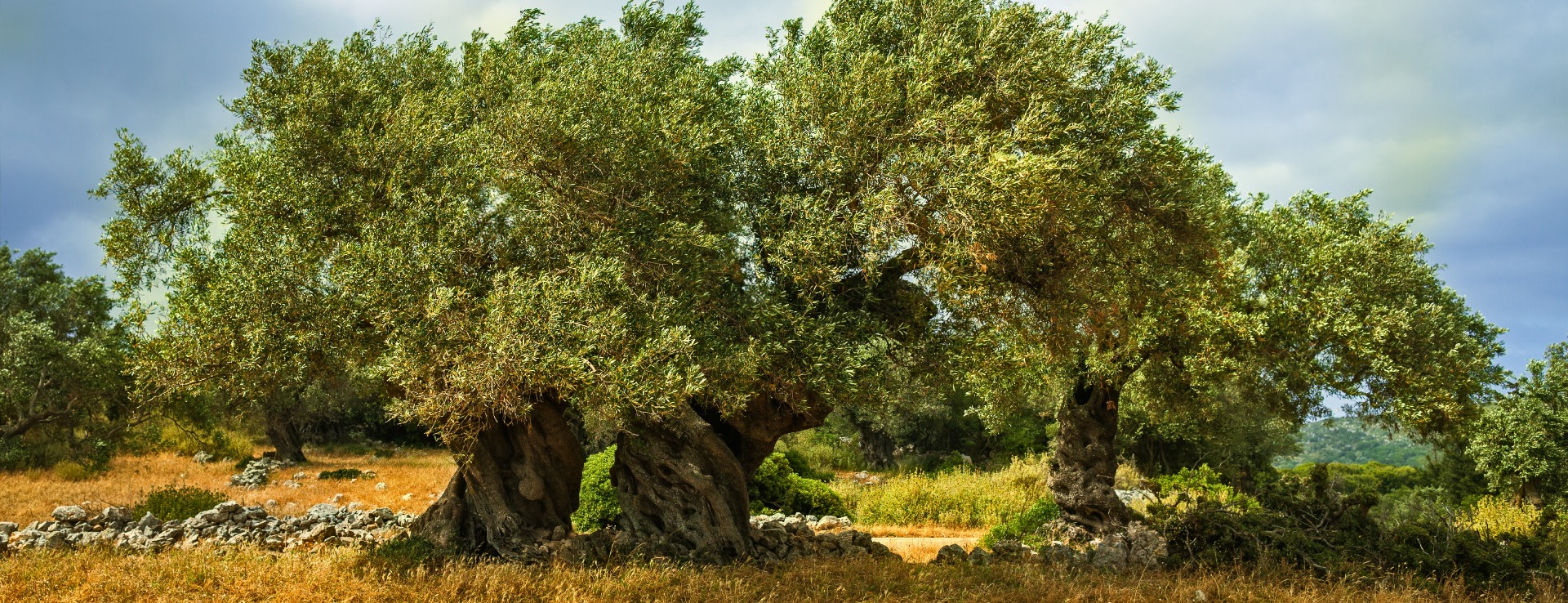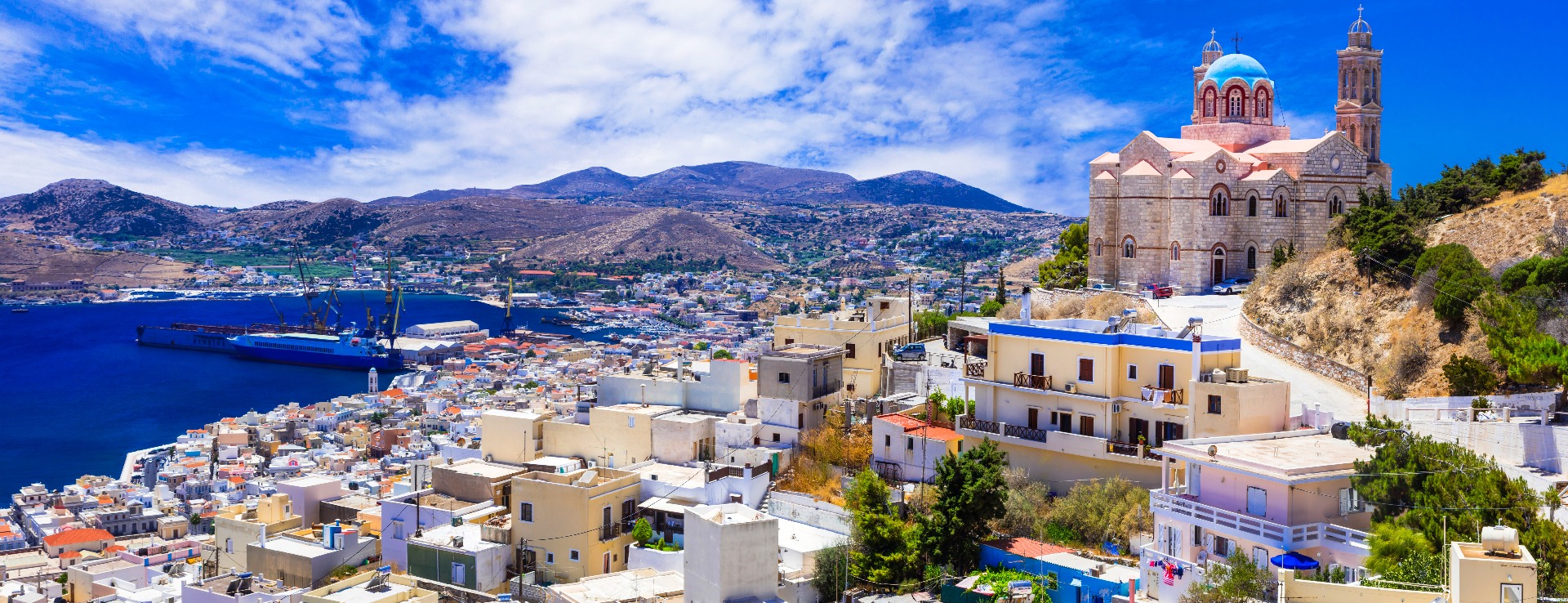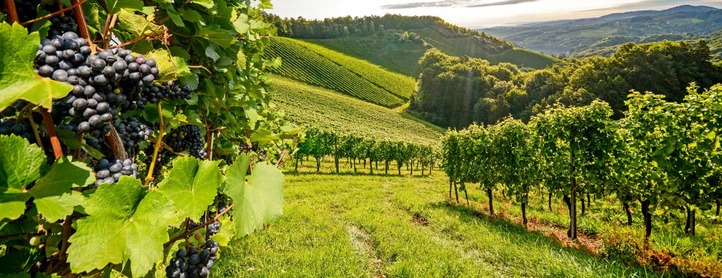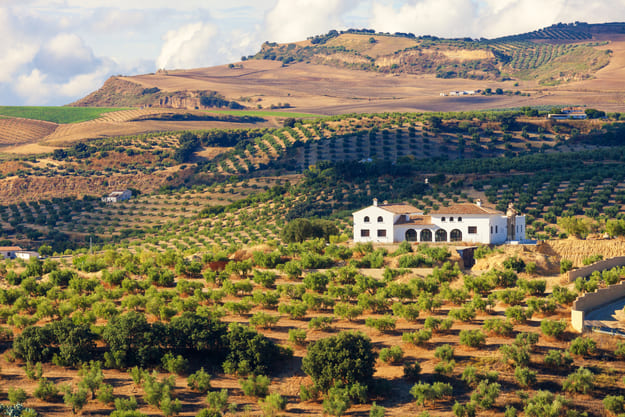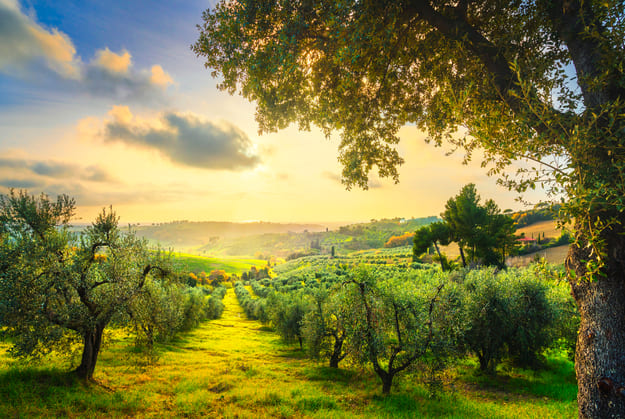Find your olive grove or oil mill
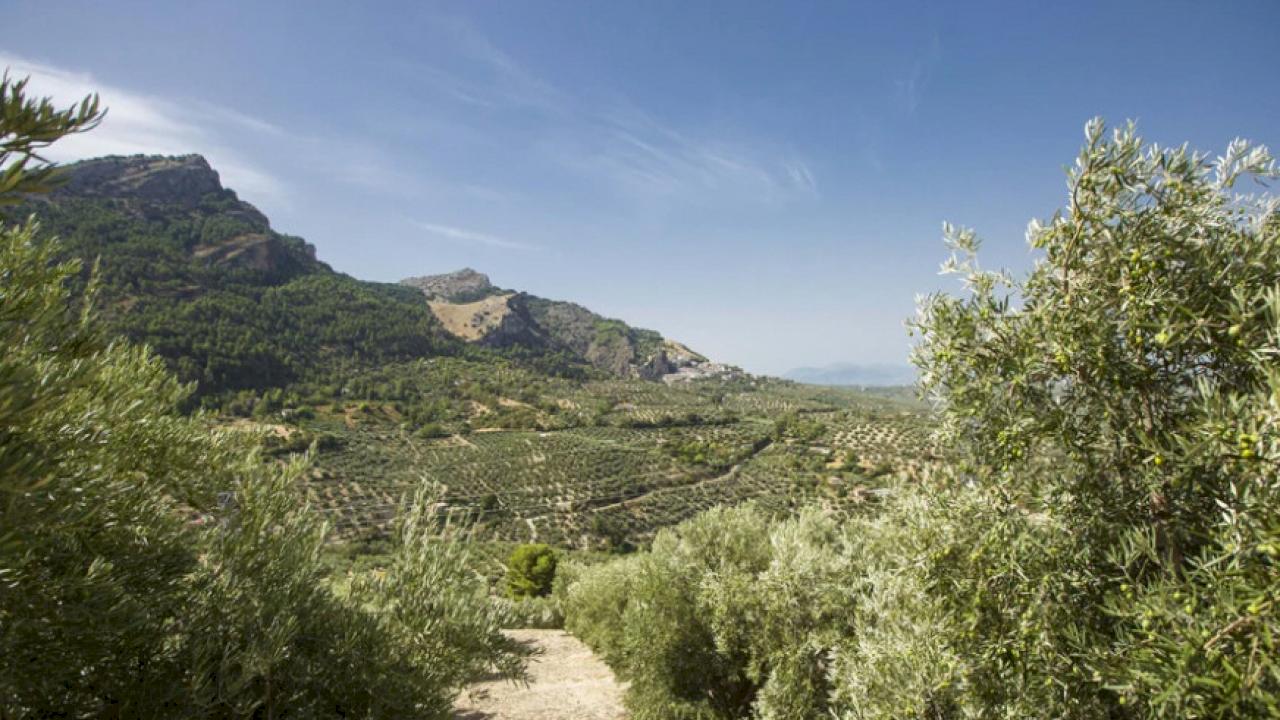
Farm with farmhouse and 64 hectares of olive trees.
DO Sierra Cazorla in Jaen.
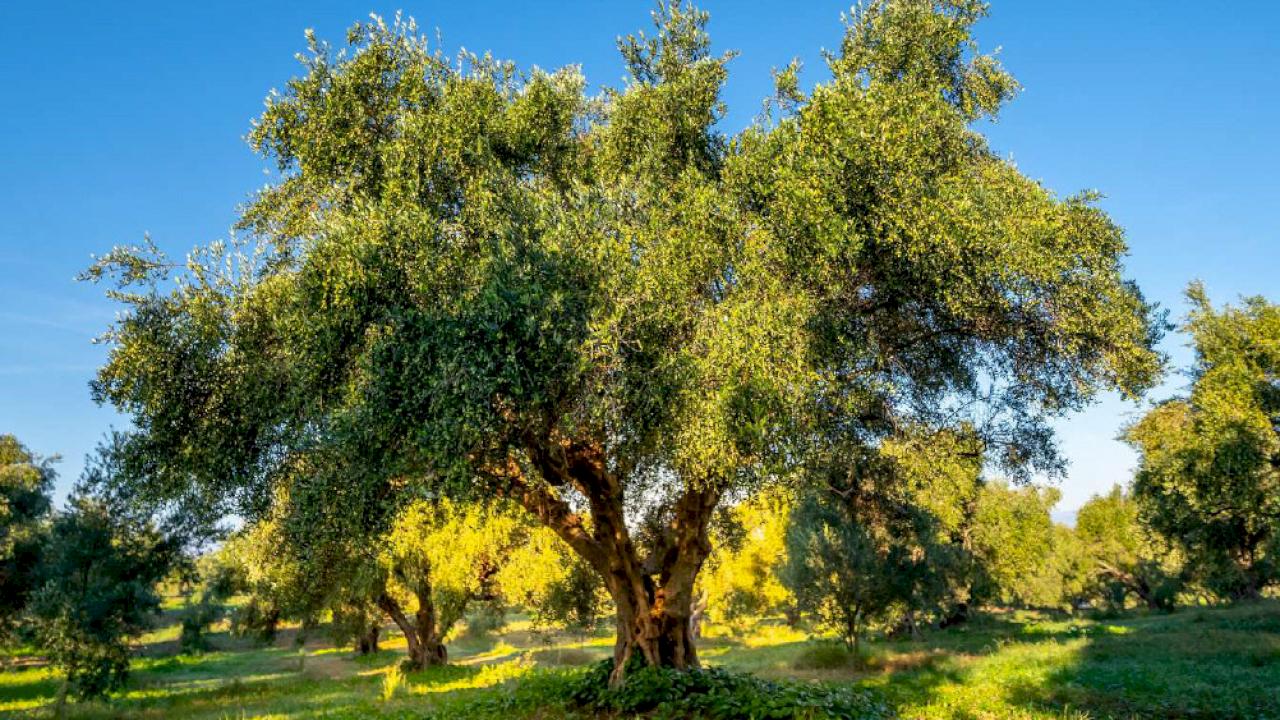
Large area of olive groves with its own brand of extra virgin olive oil.
EVOO (Extra Virgin Olive Oil)
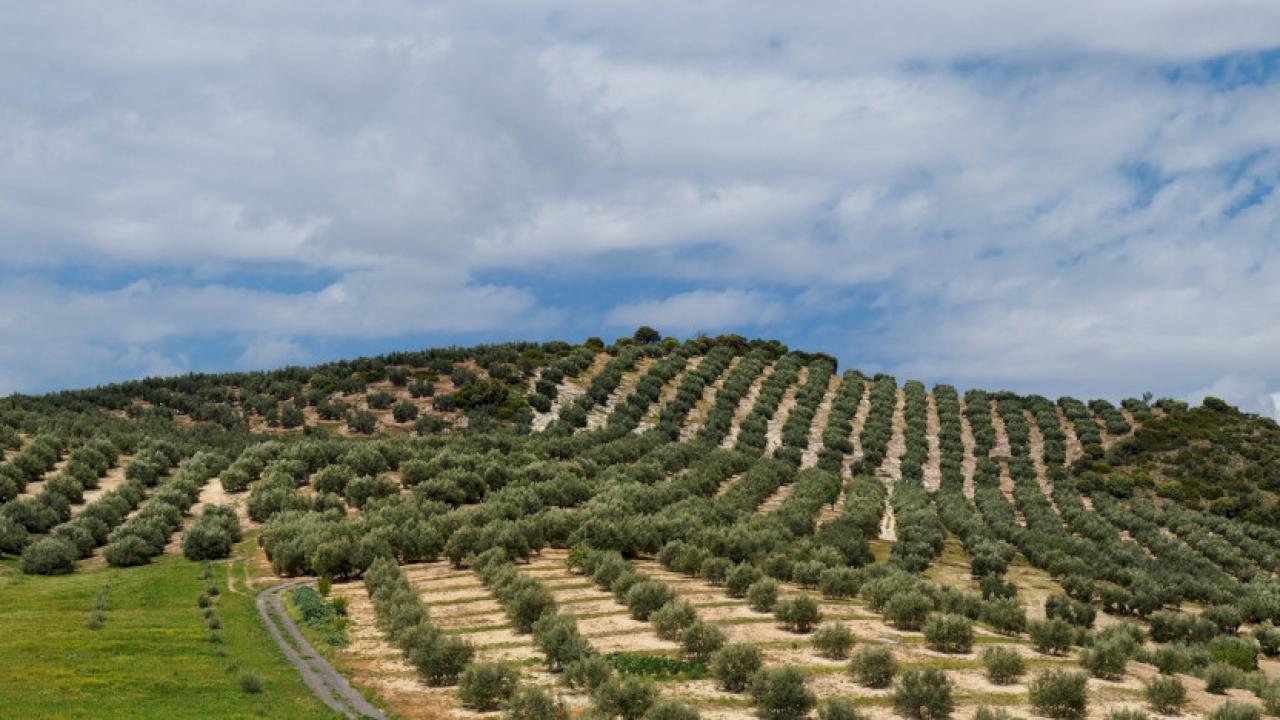
Spectacular 300 ha farm with farmhouse and mill.
Half an hour from Jaen and 50 minutes from the airport.
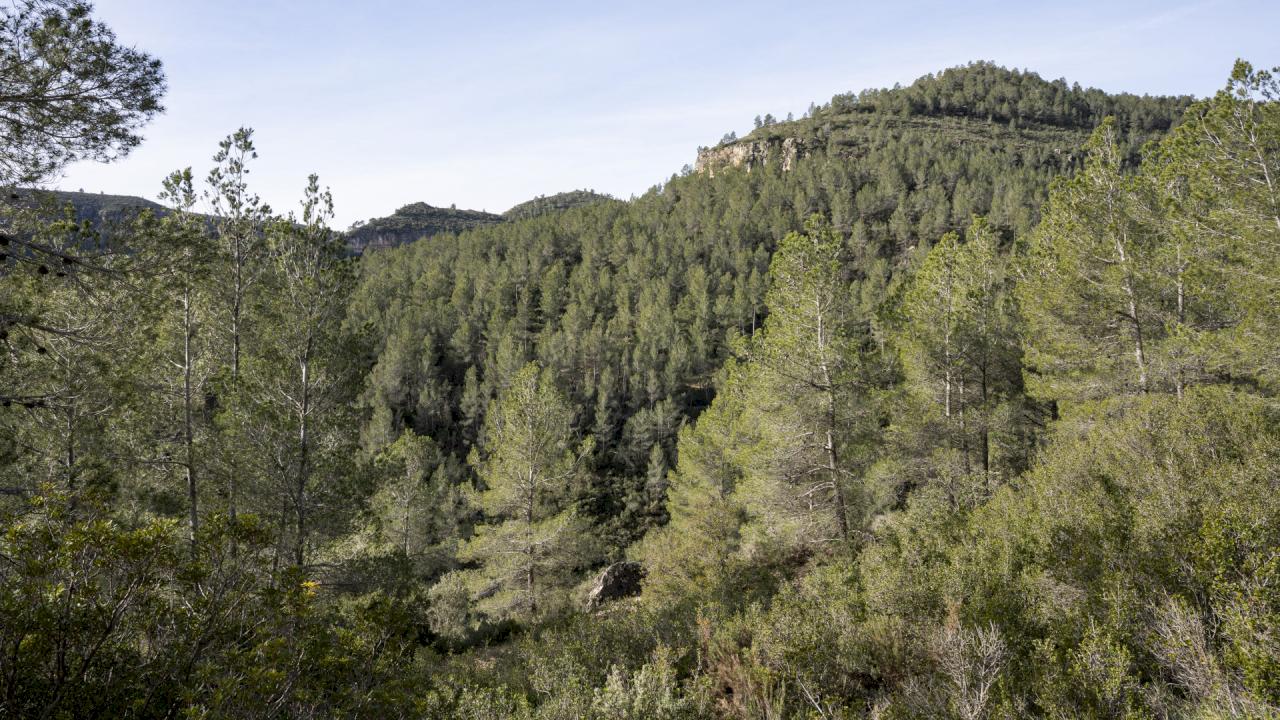
140 hectares of forest with olive trees and a farmhouse.
Terres dels Alforins
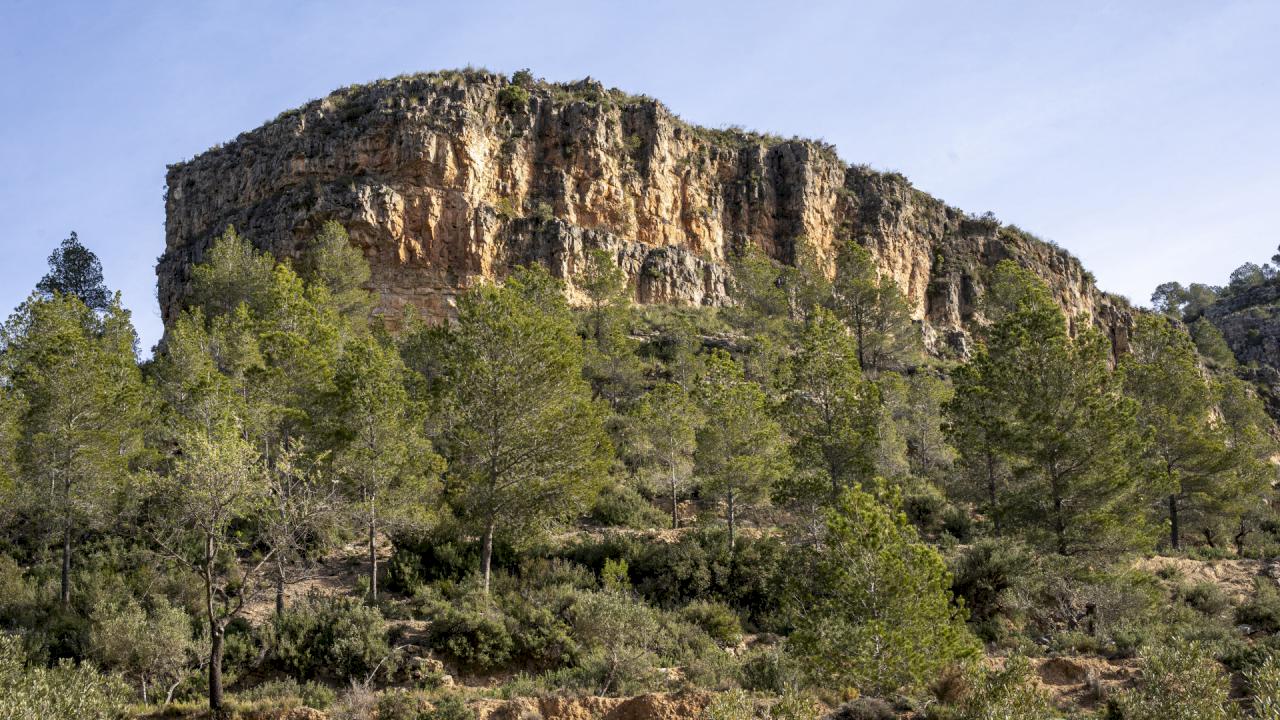
550 hectares of forest planted with 1,100 olive trees and a farmhouse.
Terres dels Alforins
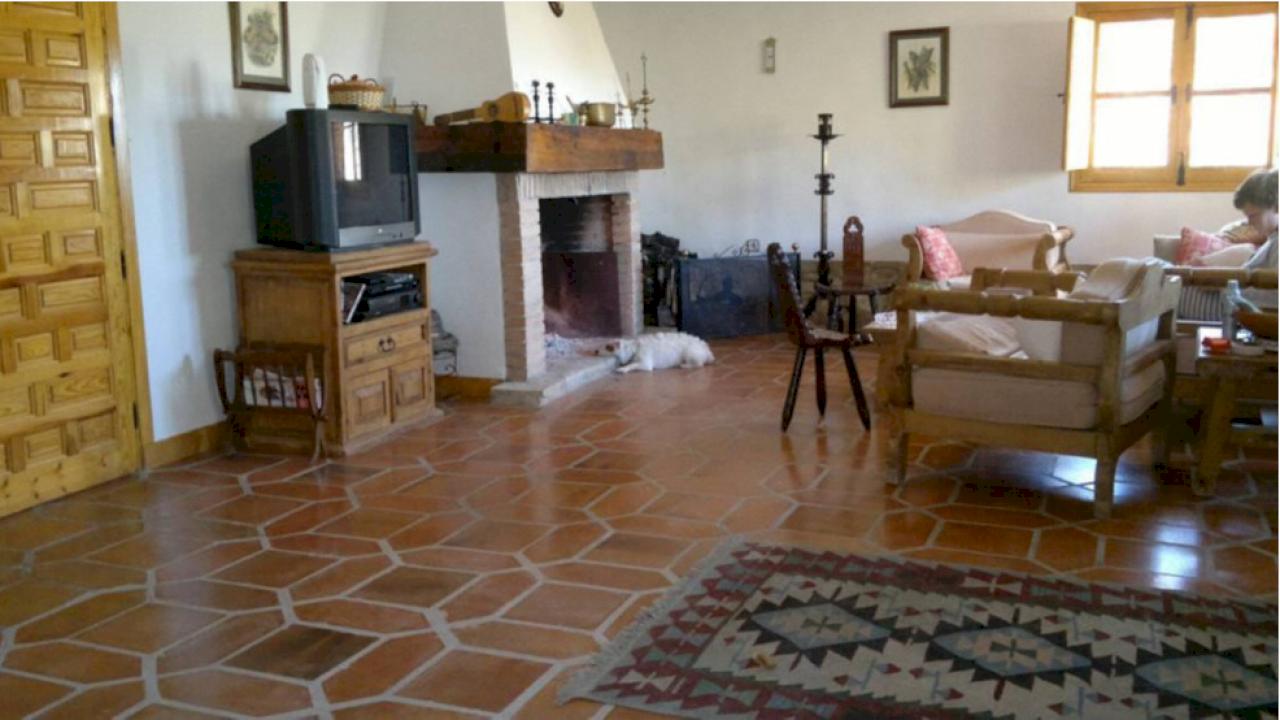
130 hectare farm with 18 hectares of olive trees and a new farmhouse.
DO Sierra Mágina
Investing in olive trees and olive oil mills in Spain
Currently in Spain there are aproximately 1,756 olive mills in operation and the extension of the olive tree is 2.55 million hectares destined to the production of olive oil, with 283 million olive trees in production, being the country with the largest surface area of olive trees worlwide.
Olive oil classifications in Spain follow the European regulations, the agriculture chapter is under the competence of the European Commission and as such regulates agriculture in the whole EU territory. According to these European regulations, olive oil is classified into three categories from the highest to the lowest quality for its commercialisation: Extra Virgin Olive Oil, Virgin Olive Oil and Lampante Olive Oil.
- Extra Virgin Olive Oil (Early Harvesting / Late Harvesting)
- Virgin olive oils
- Lampante olive oils
Extra virgin olive oil or AOVE (Olive Oil)
EVOO (Extra Virgin Olive Oil) and EVOO (Extra Virgin Olive Oil). This is the highest quality type of olive oil. It is sold to the final consumer.
To be considered extra, it must meet two conditions:
- Of chemical character, percentage of acidity that must be less or equal to 0, 8º.
- Of organoleptic character, that is to say, of impeccable flavour and aroma, it is checked by tasting, the tasting panel is formed by between seven and twelve tasters, where the median of the defect must be zero, and the median of the fruity attribute must be greater than zero. "Median defect equal to zero" means that the majority of tasters on the panel do not detect any defect and "Median fruitiness greater than zero" means that the majority of tasters on the panel detect that the oil is fruity.
*Premium EVOO or early harvest. The early harvest of the olive starts in mid-October in the countryside and lasts until mid-November in the mountains, where the fruit ripens more slowly due to the cold. At that time, the olive's maturity index has not yet reached its peak and, on the outside, it is still green. The resulting oil is known as early harvest or premium. It has an intense green colour, deep and fruity nuances, more polyphenols and a higher percentage of oleic acid: a delicacy to be consumed raw. But it is also more expensive, as it is more complex and costly to produce than from ripe black olives. To put it in figures, producing a litre of traditional extra virgin olive oil (late harvest) requires between four and five kilos of olives (20-25% yield), while producing an early harvest oil requires 8-12 kilos (8-12% yield).
Virgin olive oil
Of lower quality than the previous one, it can have up to 2 degrees of acidity and slight defects in aromas and flavour. For sale to the final consumer.
This oil is obtained only by mechanical processes and must meet two conditions:
- Its acidity must be less than or equal to 2º.
- In a tasting, the median of the defect must be less than or equal to 2.5 and the median of the fruitiness must be greater than zero.
Thus, virgin olive oil can have some defects with little intensity and must have fruity aromas and flavours.
Lampante virgin olive oil
It has an acidity greater than 2 degrees and an unpleasant flavour and aromas. It is not suitable for consumption and must be refined. All virgin oils with acidity greater than 2 degrees are classified as lampante. These are the characteristics:
- Its acidity is higher than 2º.
- In tasting, the median of the defects is greater than 2.5.
- In tasting, the median fruitiness is equal to zero.
Thus, lampante olive oil is an oil with an unpleasant taste and smell, and a lot of acidity. In some cases, its colour is different from the green and golden colours typical of virgin and extra virgin olive oils. They usually come from olives in poor condition due to major pests, frost, and which have been lying on the ground for a long time without being harvested. Given the poor characteristics of this oil, its commercialisation is prohibited. For its consumption it is necessary to refine it.
The labels generally show generic numbers for the qualities 0.4º and 1º or by the qualifications "Intense" and "Mild".
Both intense olive oil and mild olive oil are classified as olive oil, obtained from a blend of refined olive oil and virgin olive oil. If the product contains more virgin olive oil or evoo, it will be classified as intense olive oil or 1º, and if on the other hand it contains more refined oil, it will be called mild olive oil or 0, 4º.
Many of the Virgin Olive Oils, AOVE, are elaborated within the Denominations of Origin (DO) of the oil. Where it is elaborated following the guidelines of its Regulatory Council. A Denomination of Origin is a quality system that is created to protect and recognise the quality of an agri-food product, with a differentiated quality delimited in a specific geographical area. It also helps to preserve autochthonous varieties by drawing attention to their care and preventing their disappearance. Furthermore, the harvesting of the fruit in the field, processing in the mill and bottling must be carried out in accordance with the regulations and specifications of the designation of origin. Spain is the leader in olive oil production, in the number of designations of origin and also in the surface area of organic olive groves.
In our portfolio of olive oil mills for sale in Spain you can find quality specialised mills in well-known Designations of Origin and other types of mills that focus on large production volumes. There are 30 Designations of Origin in Spain, DO Sierra Mágina, DO Sierra de Cazorla, DO Sierra de Segura, DO Montes de Granada, DO Montoro-Adamuz, DO Baena, DO Lucena, DO Priego de Córdoba, DO Poniente de Granada, DO Antequera, DO Estepa and DO Sierra de Cádiz, DO Montes de Toledo, DO Montes de Alcaraz, DO Campo de Montiel, DO Campo de Caltrava, DO la Alcarria, DO Madrid, DO Gata-Hurdes, DO Monterrubio, DO Garrigues, DO Siurana, DO Terra Alta, DO Bajo Ebro-Montsià, DO Bajo Aragon, DO Empordà, DO Comunidad Valenciana. Finally, we should mention the smaller DOs from the north of Spain such as DO Sierra del Moncayo, DO Rioja and DO Navarra.
The 30 designations are distributed as follows by Autonomous Community:
- 13 in Andalusia
- 4 in Catalonia
- 3 in Castilla-La Mancha
- 2 in Extremadura
- 1 in Navarra
- 1 in La Rioja
- 1 in Aragon
- 1 in Balearic Islands
- 1 in la Valencian Community
- 1 in Madrid
If you are interested in buying an olive mill or olive groves in Spain or you want to sell your own olive mill, please contact our team of professionals. We will help you in your search and accompany you during the process of buying or selling an olive grove or olive oil mill in Spain.
